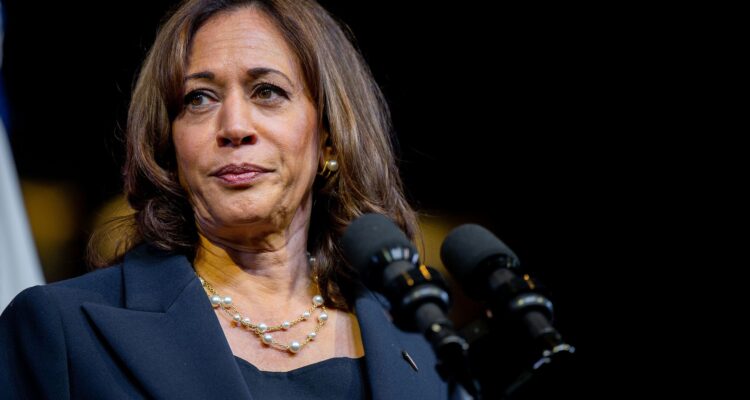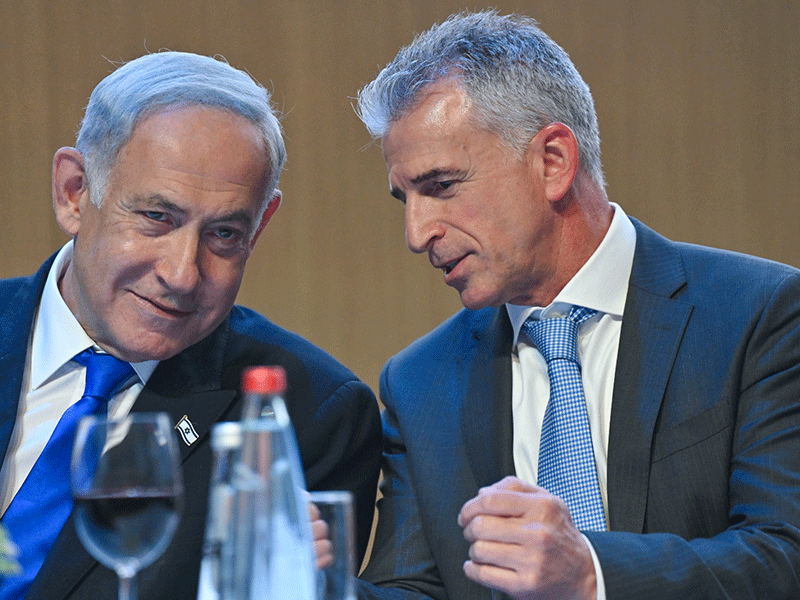ARTICLE AD BOX

US Democratic Party presidential candidate Kamala Harris speaking with press. (Shutterstock)
(Shutterstock)
New post-election poll reveals why voters rejected Harris so badly
By a 13-point margin (39% to 26%), independents reported decreased trust in government following the election.
As speculation and debate continue to rage over how the Democrats got beaten so badly in November, new post-election polling data reveals what voters really wanted.
Four years ago, Joe Biden beat Donald Trump’s first chance at election by promising to restore faith in democracy and government. Vice President Harris tried out the exact same playbook as she tried to become the nation’s first female president.
She ended up walking into a buzzsaw of voters more interested in results than rhetoric.
According to the first comprehensive post-election poll by George Washington University’s Graduate School of Political Management, while trust in government took a nosedive after the election – with 39% of voters saying their confidence had dropped – Americans still picked Trump’s promise of action over Harris’s pledge of integrity.
When asked about government effectiveness under the new administration, 40% expect improvement compared to 36% predicting decline.
The contrast was even starker among independents, a crucial voting bloc that broke decisively against Democrats.
By a 13-point margin (39% to 26%), independents reported decreased trust in government following the election.
Similarly, they expressed less confidence in receiving accurate information by an 11-point margin (39% to 28%).
However, these same independent voters believed by a 10-point margin (39% to 29%) that the Trump administration would prove more effective at achieving results.
America’s fractured media landscape also proved instrumental in sinking Democratic “trust us” messaging.
Three-quarters of voters under 30 now get their news from social media, while 84% of seniors stick to television.
The divide gets even sharper on platforms like TikTok and Instagram, where 61% and 55% of young voters turn for news compared to single digits among those over 65.
Trump capitalized on this divide, with his headline-grabbing Joe Rogan podcast appearance racking up over 27 million YouTube views and dominating social media feeds for weeks.
Concerns about misinformation loomed large, with 69% of Americans reporting that online disinformation made it harder to access “fair and truthful news during the 2024 election campaign.”
A similar 71% expressed worry about the role of “deepfakes” in spreading false information. Perhaps most troubling for both parties, 45% of Americans now say they trust neither the government nor news organizations to provide accurate information.
It’s clear Americans have grown cynical enough to separate belief from results and prefer a distrusted government that delivers than a trusted one that doesn’t.
After watching their party get wiped out in the House, and Senate, and an embarrassing presidential defeat, Democrats are left to ponder whether their cherished “democracy first” message has finally hit its expiration date.

 6 days ago
36
6 days ago
36









 English (US) ·
English (US) ·